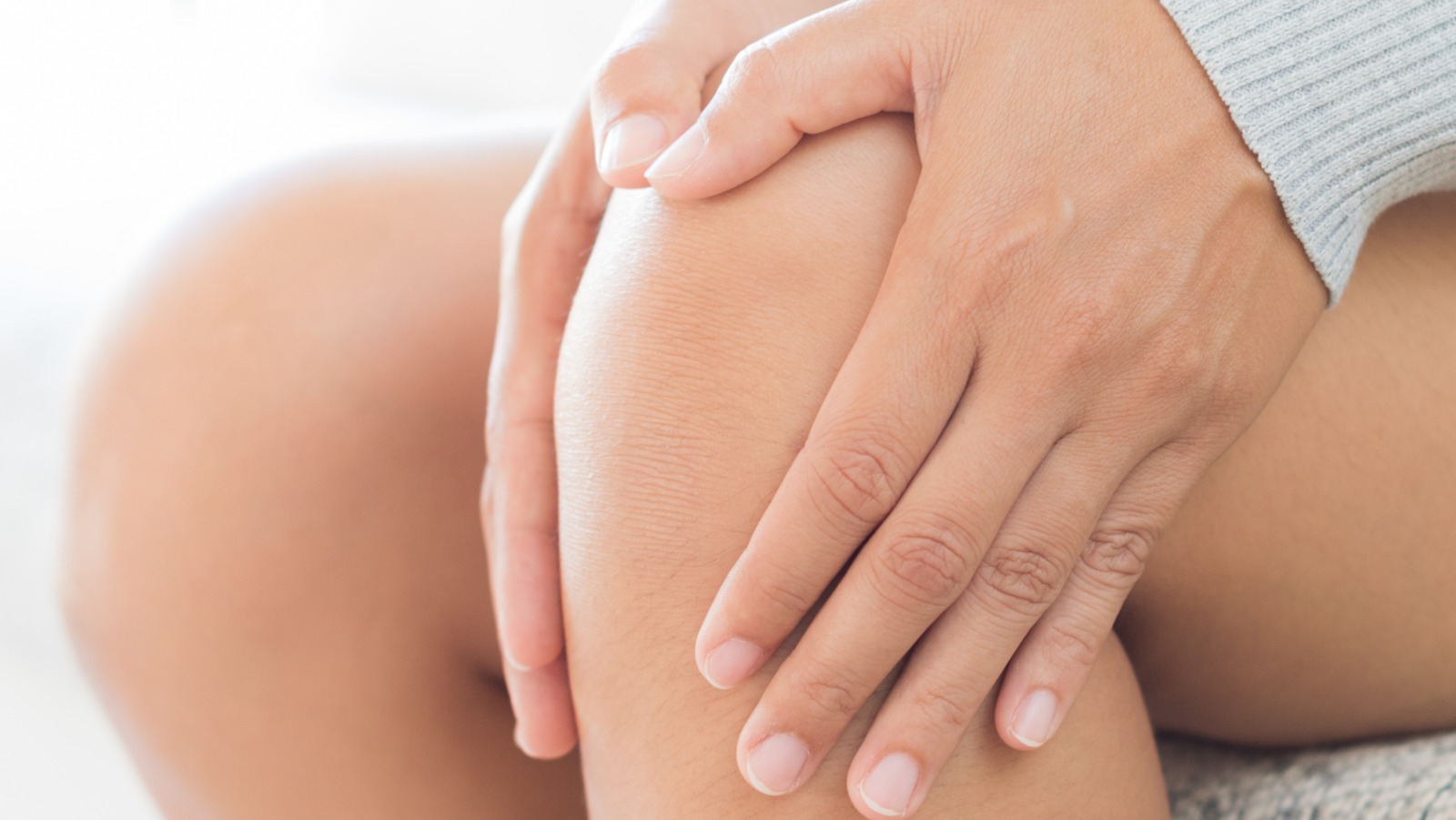
Genuphobia is the intense fear of knees or kneeling. This might sound unusual, but it's a real condition that affects many people. Those with genuphobia often experience anxiety, panic attacks, or even nausea at the sight or thought of knees. Why does this happen? The reasons can vary. Some might have had a traumatic experience involving knees, while others might have developed this fear over time without a clear cause. Understanding genuphobia can help those who suffer from it feel less isolated and more understood. Let's dive into 30 intriguing facts about this unique phobia to shed light on its complexities.
Key Takeaways:
- Overcoming genuphobia involves therapy, exposure, and support. Understanding the causes and coping strategies can help manage the fear of knees, leading to a more fulfilling life.
- Genuphobia, the fear of knees, can impact daily activities and social interactions. Treatment options like therapy, medication, and relaxation techniques offer hope for those struggling with this phobia.
What is Genuphobia?
Genuphobia is the irrational fear of knees or kneeling. This phobia can cause significant distress and impact daily life. Here are some fascinating facts about genuphobia.
-
Genuphobia is rare: Unlike more common phobias, genuphobia affects a small percentage of the population.
-
Origin of the term: The word "genuphobia" comes from the Latin word "genu," meaning knee, and "phobos," meaning fear.
-
Symptoms vary: Symptoms can range from mild discomfort to severe anxiety and panic attacks.
-
Triggers: Seeing knees, thinking about knees, or even hearing the word "knee" can trigger genuphobia.
-
Physical reactions: Sufferers might experience sweating, shaking, or a racing heart when exposed to knees.
Causes of Genuphobia
Understanding the causes can help in managing this phobia. Here are some potential reasons why someone might develop genuphobia.
-
Traumatic experiences: A past injury or traumatic event involving knees can lead to genuphobia.
-
Learned behavior: Observing a family member or friend with a similar fear can contribute to developing genuphobia.
-
Genetic factors: Genetics may play a role, making some individuals more prone to phobias.
-
Cultural influences: Certain cultural or societal norms might contribute to the fear of knees.
-
Psychological factors: Underlying anxiety disorders or other mental health issues can exacerbate genuphobia.
Impact on Daily Life
Genuphobia can significantly affect a person's daily activities and interactions. Here are some ways it can impact life.
-
Avoidance behavior: Sufferers might avoid situations where they might see or think about knees.
-
Social interactions: Fear of knees can make socializing difficult, especially in settings where people wear shorts or skirts.
-
Clothing choices: Individuals with genuphobia might prefer long pants or skirts to avoid seeing their own knees.
-
Exercise limitations: Activities like yoga or sports that involve kneeling can be challenging.
-
Workplace challenges: Certain jobs requiring kneeling or exposure to knees might be avoided.
Treatment Options
There are various ways to manage and treat genuphobia. Here are some common treatment options.
-
Cognitive-behavioral therapy (CBT): CBT helps individuals change their thought patterns and reactions to knees.
-
Exposure therapy: Gradual exposure to knees in a controlled environment can help reduce fear.
-
Medication: Anti-anxiety medications or antidepressants might be prescribed to manage symptoms.
-
Relaxation techniques: Practices like deep breathing, meditation, or yoga can help reduce anxiety.
-
Support groups: Joining a support group can provide comfort and understanding from others with similar fears.
Interesting Facts
Here are some intriguing tidbits about genuphobia that might surprise you.
-
Not just humans: Some animals, like dogs, can also exhibit fear of knees.
-
Historical references: Ancient texts mention individuals with an aversion to knees, showing it's not a modern phenomenon.
-
Celebrity sufferers: Some celebrities have openly discussed their struggles with genuphobia.
-
Art and media: Knees are often depicted in art and media, which can be challenging for those with genuphobia.
-
Virtual reality: VR therapy is being explored as a treatment for genuphobia, offering a safe space for exposure.
Coping Strategies
Living with genuphobia can be tough, but there are ways to cope. Here are some strategies to help manage the fear.
-
Mindfulness practices: Staying present and mindful can help reduce anxiety related to knees.
-
Positive affirmations: Repeating positive statements can help change negative thought patterns.
-
Professional help: Seeking help from a therapist or counselor can provide support and guidance.
-
Education: Learning more about genuphobia can help demystify the fear and reduce anxiety.
-
Self-care: Taking care of one's mental and physical health can improve overall well-being and resilience.
Facing Genuphobia Head-On
Understanding genuphobia can help those affected feel less isolated. This fear of knees, while uncommon, is very real for some. By recognizing the symptoms and seeking professional help, individuals can start their journey toward overcoming this phobia. Cognitive-behavioral therapy (CBT) and exposure therapy are effective treatments. Support from friends and family also plays a crucial role.
If you or someone you know struggles with genuphobia, don't hesitate to reach out for help. There are resources available, including therapists specializing in phobias. Remember, facing fears is a step-by-step process, and progress might be slow, but it's possible.
Knowledge is power. By learning more about genuphobia, we can create a more understanding and supportive environment for everyone. So, let's spread awareness and compassion.
Frequently Asked Questions
Was this page helpful?
Our commitment to delivering trustworthy and engaging content is at the heart of what we do. Each fact on our site is contributed by real users like you, bringing a wealth of diverse insights and information. To ensure the highest standards of accuracy and reliability, our dedicated editors meticulously review each submission. This process guarantees that the facts we share are not only fascinating but also credible. Trust in our commitment to quality and authenticity as you explore and learn with us.
